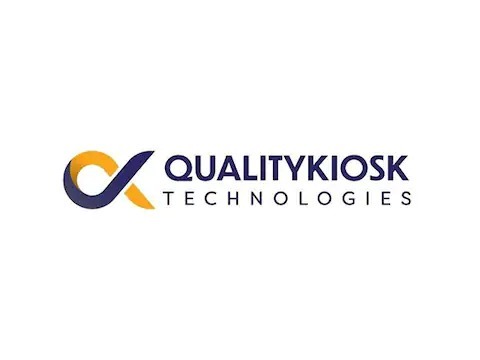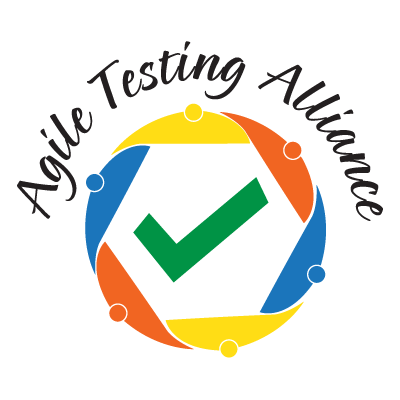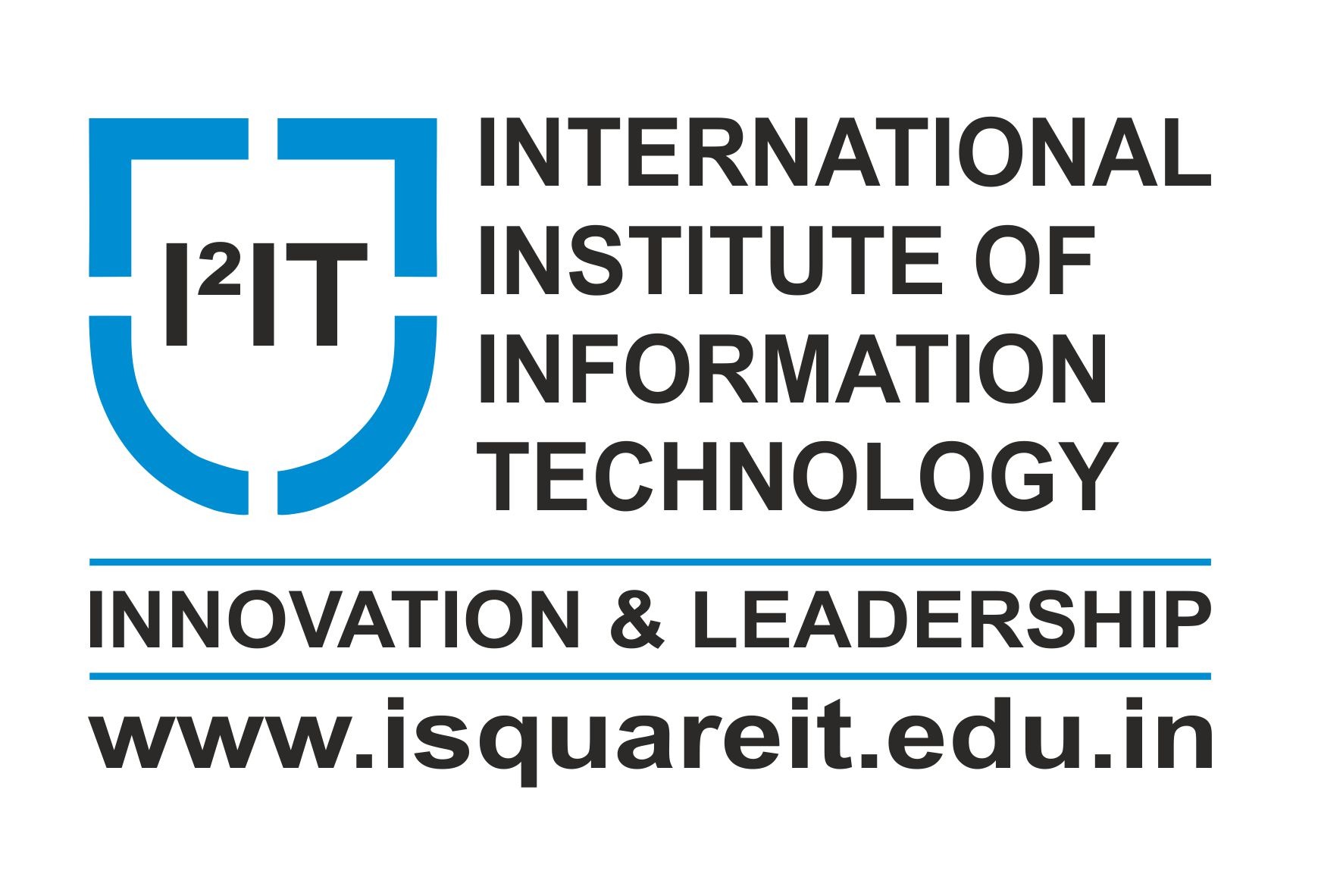Speaker
Kanwarpreet Singh is a Lead Consultant at Infosys and Digital Transformation enthusiast. He has around 13 years of experience in Test Automation, Enterprise Digital transformation, and embracing the Agile mindset. He has been involved in testing a wide range of applications – from lightweight mobile apps to large-scale Financial testing Automation solutions. He works with some of the top tech companies providing everyday solutions in a variety of sectors such as Financial Services ( Core Banking, Payments, Retail banking), Insurance, and Fintech companies.
Kanwar has expertise in Test Automation tools with the objective of helping organizations achieve customer excellence with a focus on delivering maximum value to customers, stakeholders, and teams.
He mostly works with the UK and Europe Financial Institutions and currently lives in London.
Title: SRE – what does it imply as a tester?
SRE adoption grew in each and every Organization from 10% in 2019 to 20% in 2022 which means every organization needs the skilled SRE role and Many Large companies across Industry verticals have adopted SRE – Google, ServiceNow, Microsoft, Apple, Twitter, Facebook, Dropbox, Amazon, Target, IBM, Xero, Oracle, Zalando, Acquia, GitHub. SRE skills as a must-have skill in the process and framework skill domain – voted by 47% of survey respondents in 2021 compared to 28% in 2020
SRE does not only support faster to the market but also helps Agility team to service reliability. SRE is an extended level of Devops which constructs on three Pillars i.e.
- Technical Capabilities i.e. Monitoring , Alerting , Reliability , Security etc.
- SRE Adoption Framework and Ways of Working ie. Ways of Working , Operational Models, Governance etc.
- Process Capabilities – Incident management , Release Management etc.
While all of these are key Pillars of engineering tied to development and operations, close observation tells you that there is a lot of testing involved in all of this to have all the pillars aligned. Most of the systems are moving to Microservices architecture instead of Monolithic and Site Reliability is the major purpose to adopt SRE which means more testing is involved to ensure systems are reliable.
Most of the Organizations are adopting SRE Practice and make the necessity of Site Reliability Engineer with specific skill set to perform roles and responsibilities who take care of daily tasks ie. Automation of manual tasks , Performance and Chaos Engineering , Release Management etc. So, from my point of view SRE is not the new job but an advanced role of Devops Engineer which involves System Admin, Software Development, Devops skillset is necessary. SRE Validation approach should cover all the aspects i.e. Technical Capabilities , Ways of Work and Process Capabilities which have the scope different type of testing like Canary Testing , Reliability Testing , Failure Testing , Chaos Testing etc.
AWS as the IaaS is also SRE proof of concept to meet Reliability which involves the ability of system to recover from infra or service disruptions and based on the Well-structured design Principles i.e. Test , Automate , Scale out , Stop Guessing and Automate Change. If want to have reliable service , we must define “reliability” based out on 3’S i.e. SLA , SLO and SLI and determine the impact of Reliability with defining an error Budget ( tool to determine Reliability) and accepting failures to make it the part of Design Process is the End to End SRE. AWS already proves gaining of Resilience and Reliability after adopting SRE Practices for many of the services i.e . AWS Global , Regional and Zonal Architecture Design , AWS Databases , Lamba , EC2 etc.
Key Take Aways:
- SRE as Testing as A Service and Construct Elements
- SRE Architect – A Day in life and Required Skill Set
- SRE Validation Approach and Types of Testing
- AWS – SRE Principles Adoption , Gaining Resilience and Reliability
More Speakers
- Aditya Garg
- Ajay Balamurugadas
- Aliasgar Chaiwala
- Amol Deshpande
- Andrew Knight
- Anindita Rath
- Anubha Bagui
- Anwesha Roy Choudhawry
- Arpita Swer
- Balvinder Khurana
- Brijesh Deb
- Chidambaram Vetrivel
- Craig Risi
- Deepak Koul
- Deepthi K
- Dhairya Thakkar
- Gajapathy Rasamala
- Gaurav Soni
- Gauri Gupta
- Gayathri Mohan
- Geosley Andrades
- Giri Shankar
- Giridhar Rajkumar
- Harpreet Kaur Kahai
- Harsh Sahay
- Hema Latha
- Hina Sharma
- Hitesh Prajapati
- Jaisudhan Selvaraj
- James Thomas
- Kanwarpreet Singh Khurana
- Kavin Arvind Ragavan
- Khushboo Rajpurohit
- Kiruthika Ganesan
- Kumudha Ganesan
- Kunal Samel
- Maaret Pyhäjärvi
- Mahathee Dandibhotla
- Marta Firlej
- Meera Vyas
- Mohanpriya P
- Mukund Zalke
- Nikhil Bhandari
- Nimesh Bhatt
- Niranjan Limbachiya
- Nitasha Rawat
- Pallavi Vadlamani
- Parinita Patankar
- Poorva Pal
- Pranesh Gaikwad
- Pricilla Bilavendran
- Puja Sakhia
- Pushan Ghosh
- Rahul Parwal
- Rajani Sinha
- Rik Marselis
- Rishil Bhatt
- Ritu Chowdhary
- Sakthikannan Subramanian
- Saurabh Bhardwaj
- Schalk Cronje
- Seema Prabhu
- Shailesh Gohel
- Shubha Lokeshaiah
- Shuchita Singh Basu
- Sneha Viswalingam
- Soumya Mukherjee
- Sowmya Ramesh
- Sujata Dutta
- Sujit Pathak
- Sumit Mundhada
- Sundaresan Krishnaswami
- Tejaswi Sedimbi
- Venkatesh Belde
- Videos
- Vikas Kataria
- Vishal Parmar













